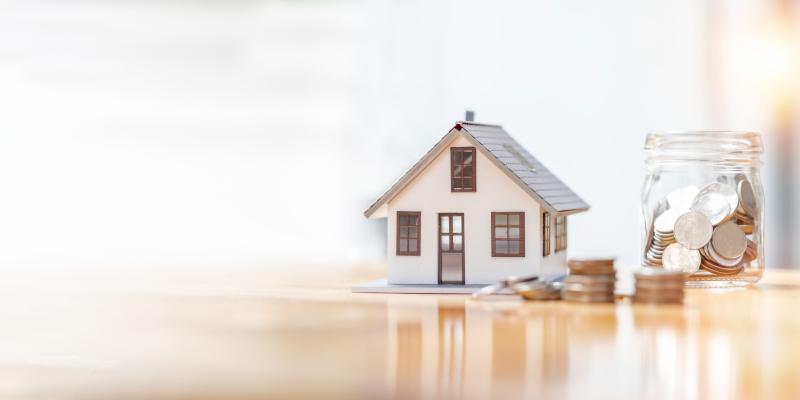
Last month, we explored the hidden costs that come with buying a home like closing costs, insurance and property taxes. But home ownership expenses don’t stop at the closing table.
This month, we're diving into the ongoing expenses associated with maintaining and enjoying your new space. From monthly bills to surprise repairs, understanding these costs can help you stay prepared, protect your investment and truly thrive in your home.
With a little planning, home ownership can be just as rewarding as you dreamed.
Mortgage
Mortgage payments are often the largest and most consistent expense homeowners face. Your monthly payment typically includes the loan principal and interest, but it may also cover property taxes, homeowner’s insurance and possibly private mortgage insurance (PMI) if your down payment was less than 20%. Understanding what’s included in your payment helps you budget more accurately and anticipate future costs.
Monthly Expenses
Monthly expenses are the recurring costs homeowners need to budget for to keep their home running smoothly. These typically include utilities such as electricity, gas, water, internet, trash and recycling services. Since these costs can vary based on usage, home size and local rates, it’s important to track them regularly and adjust your budget as needed.
Maintenance/Repairs
Maintenance and repair costs are ongoing expenses that homeowners must plan for to keep their home in good condition. These costs can include regular upkeep such as cleaning gutters, maintaining the roof and repairing or replacing windows and other exterior elements. Over time, wear and tear from weather, age and daily use can lead to the need for repairs or replacements, which can be costly. Neglecting necessary maintenance can result in more expensive repairs down the line.
Mechanical/Utility Costs
Mechanical and utility costs cover the maintenance and repair of the systems and appliances that keep your home running efficiently. This includes essential systems like plumbing, HVAC and electrical, as well as major appliances such as water heaters, dishwashers and refrigerators. While some components may only need occasional repairs, others will eventually require full replacement after years of use. Budgeting for these expenses is important and regular upkeep can help prevent costly breakdowns and extend the life of your home’s most critical systems.
Landscaping/Lawn Care
If you live in a single-family home, landscaping and lawn care costs may include maintaining the exterior of your property, such as mowing the lawn, weed eating and maintaining any garden areas. These expenses can also cover seasonal tasks like fertilizing, aerating and planting. Depending on the size of the yard, homeowners may choose to handle these tasks themselves or hire a professional service. Regular lawn care helps maintain curb appeal and can even improve your property value.
Unexpected Expenses
Unexpected expenses are costs that homeowners may not anticipate but must address when they arise. These can include issues like mold remediation, pest control or foundation problems. While regular maintenance can help prevent some of these issues, others can appear unexpectedly and require immediate action. It’s important to have a financial buffer for these types of unforeseen costs, as they can be expensive to fix but are necessary to maintain the safety and livability of your home.
Tips for Managing Home Ownership Costs
While these hidden costs can seem overwhelming, the good news is that with a little planning and proactive budgeting, you can stay ahead of these expenses and keep your home running smoothly. Here are some helpful tips to make managing your home ownership costs a little easier:
- Create a maintenance fund: Set aside a small amount each month for regular maintenance and unexpected repairs. A good rule of thumb is to set aside 1-4% of your home’s value. This fund can help cover costs like pest control or small repairs, so you're not caught off guard when the need arises.
- Track monthly utility expenses: Regularly review your utility bills and find ways to reduce consumption. Simple changes like upgrading to energy-efficient appliances or sealing leaks can lower your costs over time.
- Prioritize essential repairs: Not all repairs need to be done at once. Focus on the most urgent issues, like fixing plumbing leaks or addressing mold problems, before tackling non-essential projects.
- Plan for seasonal costs: Some expenses, like lawn care or heating, are seasonal. Anticipating these costs ahead of time can help you avoid surprise expenses and budget accordingly.
By understanding the true cost of home ownership, you can take control of your budget and feel confident in your financial decisions. Start small, plan ahead and build habits that support your goals—it’s all about being proactive and prepared for the journey of owning a home.